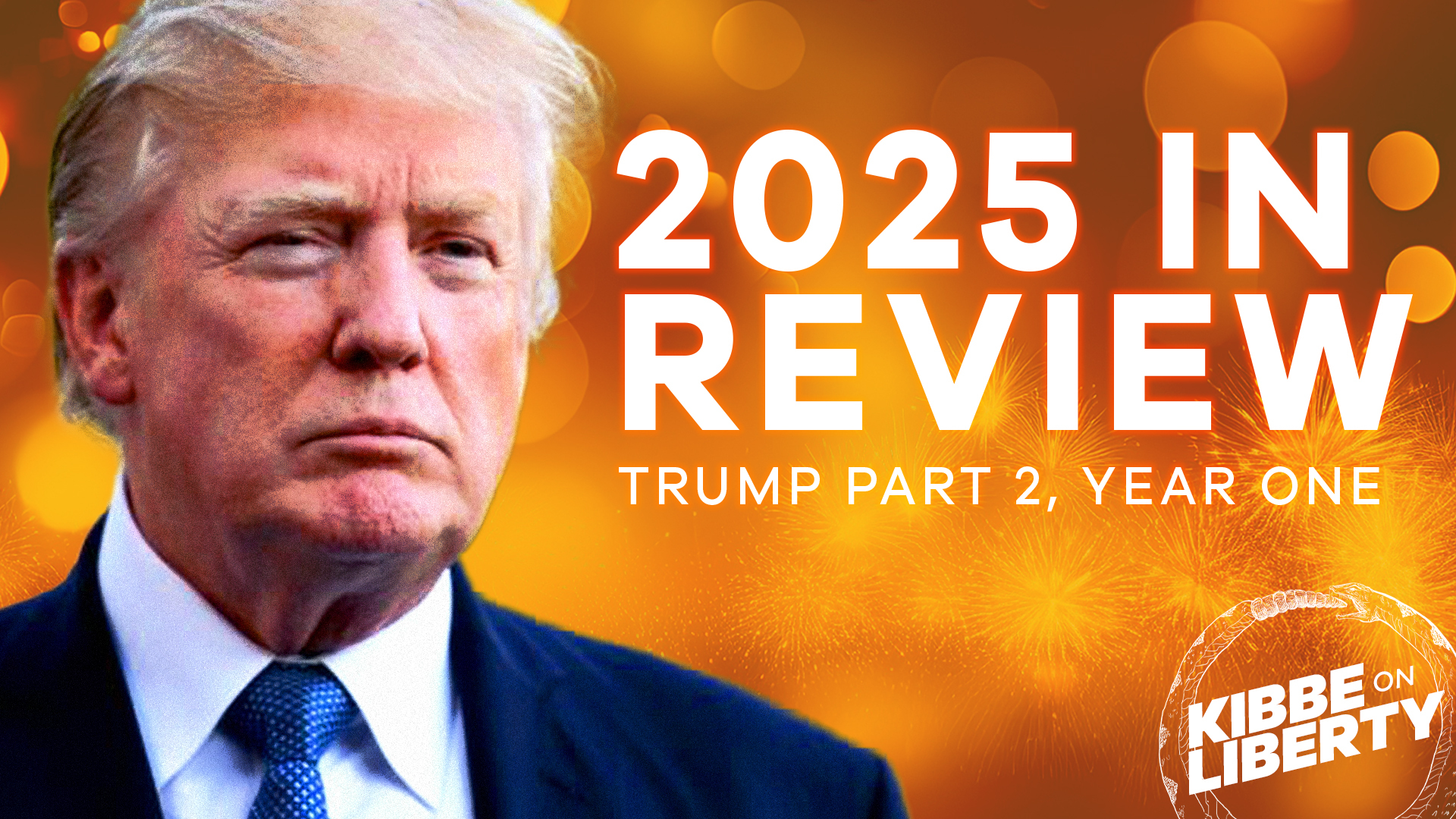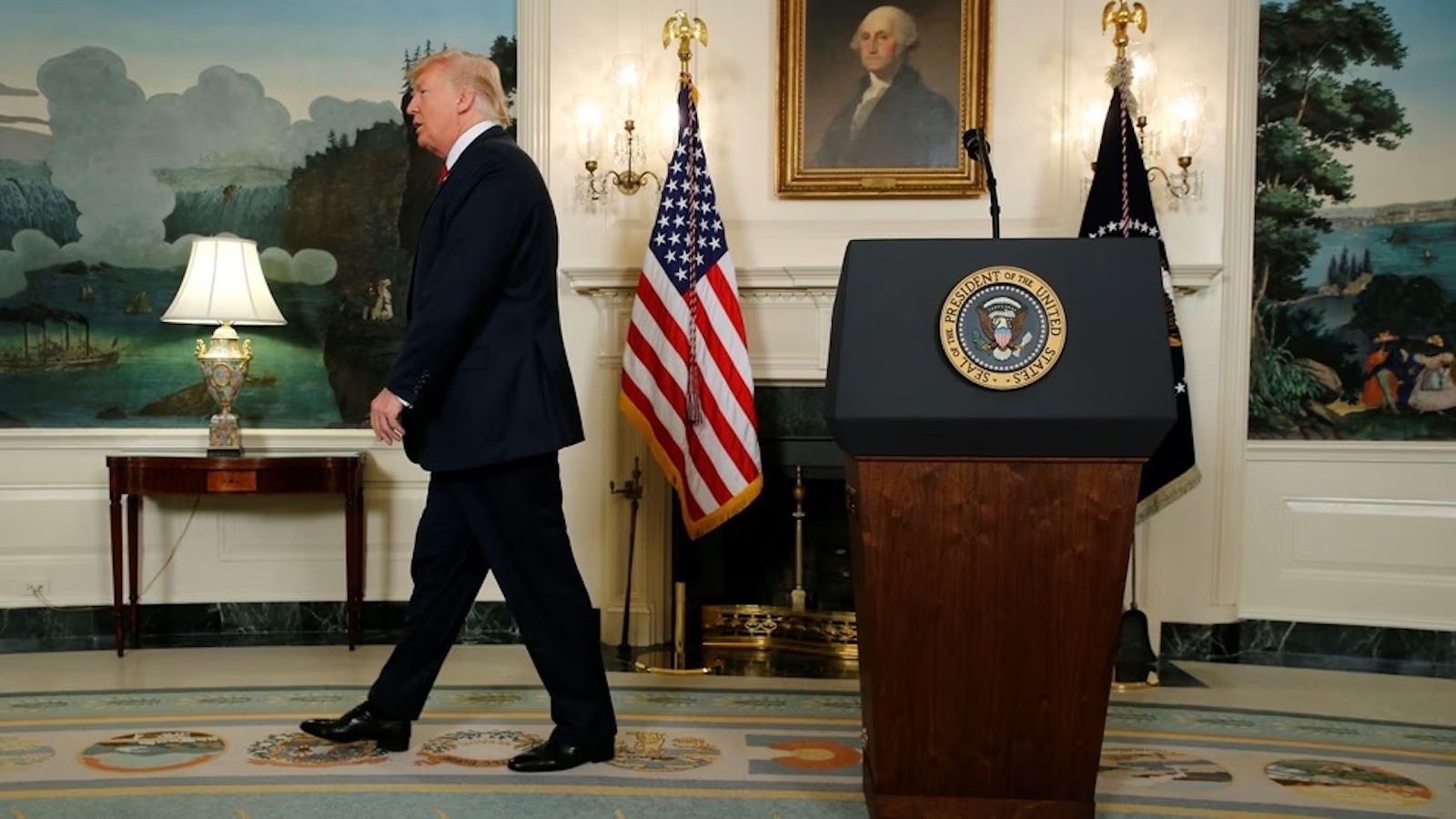
The Incentive Problem of Politics
Back in December, a county treasurer buddy of mine informed me of a “dead period” when campaign donors cannot give to state legislators since they’re about to go into session. It’d therefore be more likely that they could give to candidates for local office.
If the donors have business before the legislature (or a local body) though, how proper is it that they give at all? That question popped to mind after perusing local campaign finance reports.
If a group wants to support a candidate who defends a woman’s control over her reproductive ability, OK. If another one geared toward lowering the tax burden on citizens wants to do the same, fine.
Whether it’s securing the right to defend yourself with guns, or shielding individuals from discrimination based on race, sexual orientation, etc. we’re dealing in terms of personal freedoms.
What if, on the other hand, we’re talking about an engineering company, or its PAC (political action committee) that is donating? How about a construction or real estate business?
As questionable as it is to be on the giving end, it’s completely noxious to be on the accepting end. It sends the wrong message, especially when the elected representative does not reject the funds.
For one, it arguably says you’re for sale as a policymaker.
Donors might claim it gets them access, and that if they don’t, someone else will step in line ahead of them. That’s still concerning, but point taken.
This is where the officeholder should make clear that access, not to mention their vote, is not up for auction. Otherwise, they embody the adage that “the second oldest profession (politics) bears a close resemblance to the oldest (prostitution).”
This dynamic also narrows the window of opportunity for smaller competitors who can’t afford a line item in their budget for lobbying. Plus, they’re likely too busy trying to stay in business, now having to work that much harder to overcome this additional government-created barrier.
And it’s not difficult to uncover these connections, though they exist on a sliding scale of transparency.
Some donors make no mention of the companies that they own that will benefit. Others do. Some go to the trouble to set up a PAC to carry out the favor-buying, but name it the same as the benefiting company.
Still others are so brazen in their contributions, that they misspell their names by one letter, or add a suffix like “Jr.” so as to circumvent donation limits altogether.
And so shameless are some politicians that they push to raise those limits.
I have the utmost respect for business owners and entrepreneurs. The risks they take, and the rewards that the rest of society derive from it, are things I try to shine a light on in class when discussing the supply side.
That admiration erodes however, when they try to buy a fast-pass to the head of the line. Worse is when elected representatives grant it to them. It’s another way in which they rob from taxpayers by depriving them of a fair bidding process.
Adding insult to injury is when a politician proposes a law to solve this problem. Either they’re naïve enough to think that this will be the law to do it, or it’s a blatant attempt to distract voters. Cue donations from lawyers who benefit from the opportunity to decipher all this.
If we’re really concerned about “mechanism(s) to incentivize good work,” how about clicking the “refund” button on these ethically-questionable high-dollar donations?
Free the People publishes opinion-based articles from contributing writers. The opinions and ideas expressed do not always reflect the opinions and ideas that Free the People endorses. We believe in free speech, and in providing a platform for open dialogue. Feel free to leave a comment.



